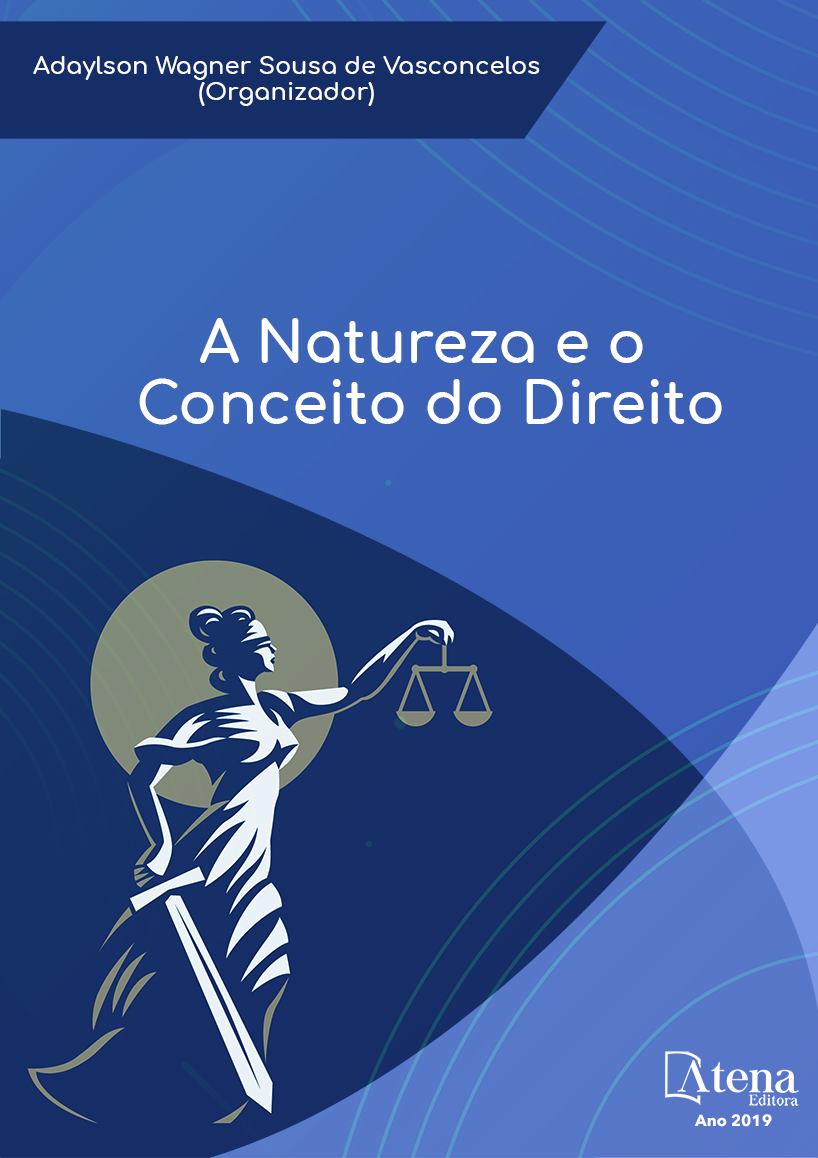
Ambiente Virtual de Aprendizagem (AVA) no Instituto Federal de Rondônia - IFRO em consonância com a Política e a Legislação Educacional
Este artigo tem como proposta
fazer uma reflexão a respeito do novo
paradigma motivado pelo avanço tecnológico
e as perspectivas para a Educação a partir
da convergência das inúmeras possibilidades
trazidas pelas TICs (Tecnologia da Informação
e Comunicação) no âmbito escolar, em
especial, a utilização do Ambiente Virtual de
Aprendizagem (AVA), no Instituto Federal de
Rondônia – IFRO, em consonância com as
exigências legislativas educacionais. Nesse
contexto, torna-se relevante o desafio que a
escola tem de se adequar para incluir novos
elementos à prática educacional, a fim de
contribuir no ensino-aprendizagem. Contudo,
é importante que o professor esteja preparado
não só para disseminar informações aos alunos,
mas sim, possa permitir que compreendam
o processo comunicacional nas suas mais
variadas dimensões e o uso consciente dos
conteúdos que lhes são apresentados, a fim de
torná-los cidadãos críticos diante da realidade
que os cerca. Para tanto, não basta ser apenas
um professor para mediar os conhecimentos
possibilitados através das mídias, é preciso
que seja um Educomunicador, pois somente
por meio da Educomunicação se concretiza
a função social da escola, como um lugar
democrático e aberto à discussão. Este trabalho
tem com base teórica Castells (2003), Freire
(1983), Lévy (1998), Perrenoud (2000), dentre
outros autores.
Ambiente Virtual de Aprendizagem (AVA) no Instituto Federal de Rondônia - IFRO em consonância com a Política e a Legislação Educacional
-
DOI: 10.22533/at.ed.76819081023
-
Palavras-chave: Ambiente Virtual de Aprendizagem (AVA), Educomunicação, função social, tecnologia.
-
Keywords: Virtual Learning Environment (AVA), Educommunication, social role, technology.
-
Abstract:
This article has as proposal to
reflect on the new paradigma motivated by
technological advance and the perspectives
for the Education from the convergence of the
innumerable possibilities brought by the TICs
(Information Technology and Communication)
in the school scope, in particular, the use of
the Virtual Learning Environment (VLE), in
the Federal Institute of Rondônia - IFRO, in
accordance with the policies and educational
legislative requirements. In this context, it is
relevant the challenge that the school has to
adapt to include new elements to the educational
practice in order to contribute to the teaching
and learning. However, it is important that the
teacher is prepared not only to disseminate
information to the students, but also to enable them to understand the communicational process in its most varied dimensions and
the conscious use of the contents presented to them, in order to make them citizens
critical of the reality that surrounds them. To do so, it is not enough to be just a
teacher to mediate the knowledge made possible through the media, it must be an
Educommunicator, because only through the Educommunication is the social function
of the school materialized as a democratic place open to discussion. This work has as
theoretical basis Castells (2003), Freire (1983), Lévy (1998), Perrenoud (2000), among
other authors.
-
Número de páginas: 15
- Márcia Sousa de Oliveira


